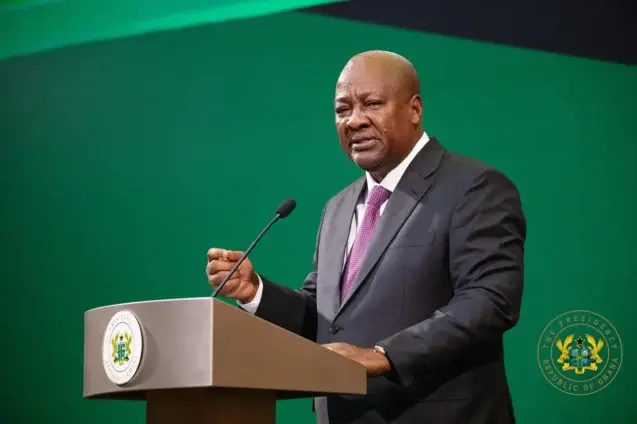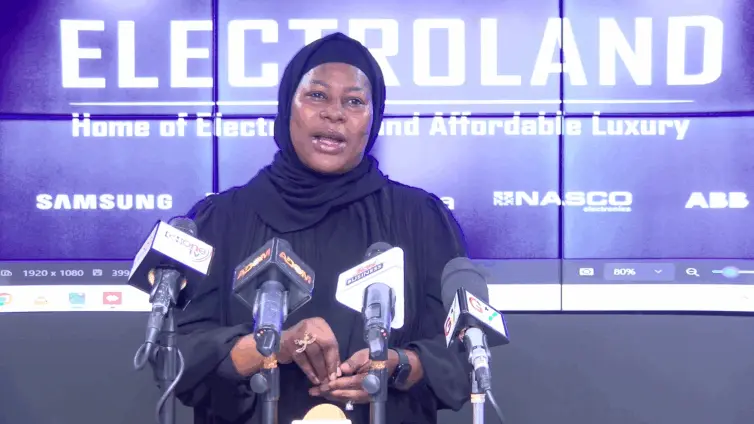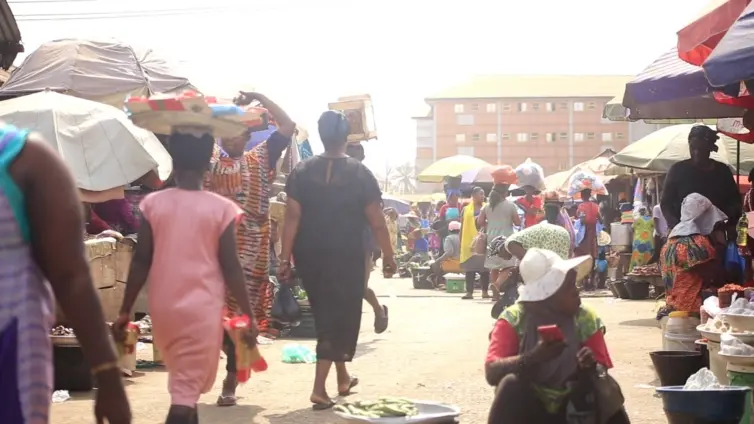In a rapidly evolving nation like Ghana, the significance of long-term planning for national progress cannot be overstated. Fragmented development strategies often lead to duplicated efforts and conflicting priorities, hindering sustainable advancement. Recognizing this challenge, President Mahama has directed the National Development Planning Commission (NDPC) to harmonize national development strategies into a cohesive, unified long-term plan. This initiative, highlighted during the swearing-in ceremony of new NDPC members, underscores the critical need for a unified approach to national development.
This article will explore President Mahama’s vision for a unified national development strategy, examining its potential benefits and the NDPC’s crucial role in bringing this vision to fruition. Drawing directly from the President’s announcement, this analysis provides an objective examination of the initiative’s key aspects and implications for Ghana’s future.
The absence of a unified approach to national development can result in inefficiencies and a lack of synergy across various sectors. Fragmented strategies often lead to the duplication of efforts, with different agencies pursuing similar goals independently, wasting valuable resources. Conflicting priorities can also arise, as one initiative may inadvertently undermine the objectives of another. A unified approach, on the other hand, fosters enhanced coordination, efficient resource allocation, and a shared national vision.
President Mahama emphasized the importance of a unified national vision to guide Ghana’s development, stating that such a vision is essential for ensuring that all efforts are aligned and contribute to the overall progress of the nation. The proposed plan is envisioned to be inclusive, reflecting a broad national consensus by incorporating views from Parliament and the citizenry. It must also be forward-looking, anticipating future challenges and opportunities to ensure Ghana remains competitive and resilient in a rapidly changing global landscape. Regular reviews will be essential to maintain the plan’s relevance and effectiveness, allowing for adjustments based on evolving national needs and priorities.
The NDPC plays a central role in shaping Ghana’s development agenda. According to the Ghanaian Constitution, the NDPC’s mandate is to advise the President on development planning policy and strategy. The commission is responsible for coordinating national development activities across various sectors, ensuring alignment with the overall national vision. The NDPC is expected to play a pivotal role in shaping Ghana’s medium- to long-term development agenda, with a focus on sustainability, inclusivity, and resilience.
Regular reviews are crucial for ensuring that the unified national development plan remains relevant and adaptable to evolving national needs and global dynamics. As President Mahama noted, the world is constantly changing, and Ghana must be prepared to adapt its strategies accordingly. Adaptive planning offers several potential benefits, including enhanced resilience, improved responsiveness to emerging challenges, and sustained relevance in a dynamic environment. This iterative approach will allow Ghana to stay ahead of the curve and capitalize on new opportunities as they arise.
Incorporating citizen feedback is also vital to ensure the plan reflects the needs and desires of the population. Channels such as public forums, online surveys, and community consultations can be used to gather input from citizens across the country. By actively engaging the population in the planning process, the NDPC can ensure that the unified national development plan is truly reflective of the aspirations of the Ghanaian people.
In summary, President Mahama’s directive to the NDPC underscores the critical importance of a unified national development plan for Ghana’s future. The NDPC is entrusted with the responsibility of harmonizing national development strategies, ensuring that they are aligned with a shared national vision. The significance of unified national development lies in its potential to foster enhanced coordination, efficient resource allocation, and a more sustainable and inclusive path towards progress. By embracing this unified approach, Ghana can pave the way for a brighter and more prosperous future for all its citizens.
Image Source: MYJOYONLINE





















